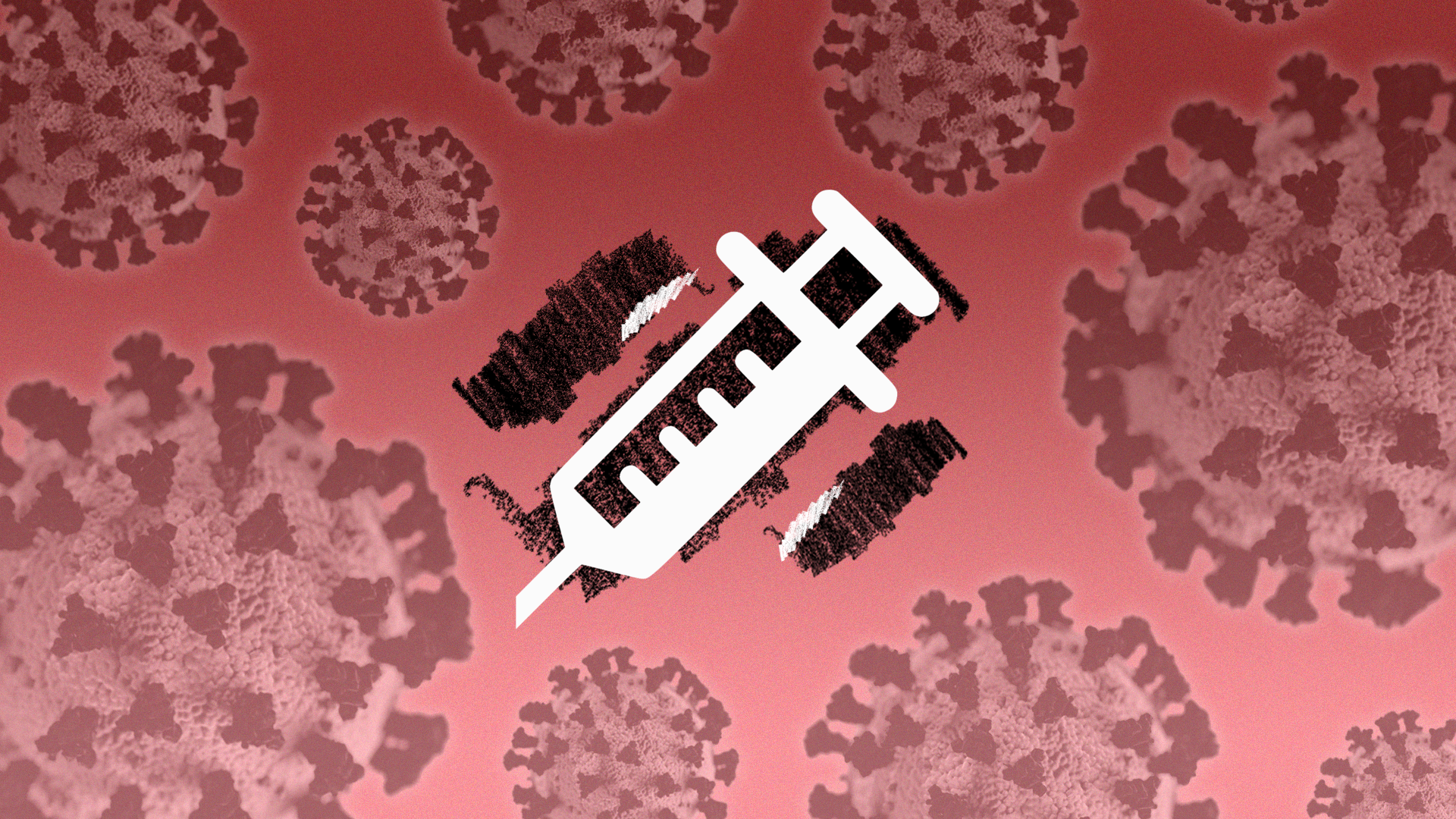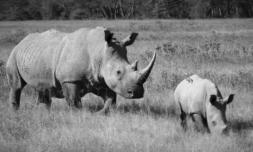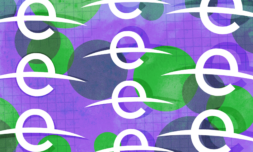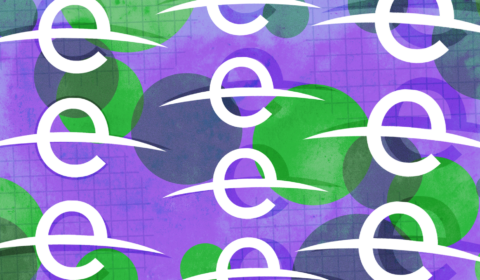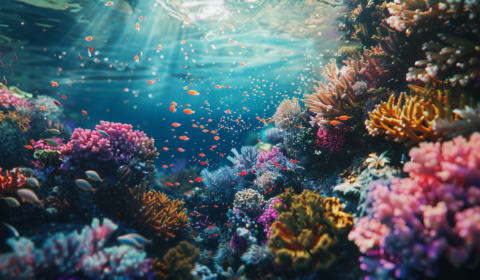What is vaccine nationalism?
‘Vaccine nationalism’ is simply the idea that a country prioritises its own supply of vaccines and the health of its population over the rest of the world. Coronavirus typically affects the elderly or those with weakened immune systems, so ideally it would make the most sense to give these people vaccines first when one becomes available, regardless of where they are.
It seems likely that this won’t be the case though. Foreign Affairs noted that many of the world’s largest and richest countries – China, France, and Germany included – hoarded supplies of respirators, surgical masks, and gloves for their own hospitals and workers in the early months of the pandemic. The result was global resource shortages in low-income countries.
Similar patterns of behaviour occurred in 2009 when Swine Flu began to emerge. Rich nations swallowed up nearly all new vaccination supplies and only agreed to share a measly 10% with poorer countries after the World Health Organisation made a formal appeal. We’re likely to see the same when we begin to produce COVID-19 vaccinations, which may still take months or years.
In fact, wealthier countries have already signed independent deals to secure 3.7 billion doses of various vaccine formulas according to The Wall Street Journal which may leave developing nations at risk of supply shortages. Russia is in talks to supply 1.2 billion doses of its vaccine to internal citizens before it has even passed the trial phase. The UK has pre-ordered five times the necessary amount of vaccine doses from a variety of suppliers, making it the worst offender of hoarding in the world.
A scramble for supplies is clearly already brewing – with no actual product to show yet. This in itself brings safety risks and the potential for cut corners, especially as some of the vaccines being developed are using experimental technology that may have unknown long-term side effects. Coronavirus is not a flu, and right now we have no treatment for any strain – so rushing treatments out to soon may be more harmful than helpful.
Vaccine nationalism encourages a combative and competitive approach to curing the planet of a complicated new virus when a co-operated effort would be far more effective and well balanced. It’s not too late to switch how we tackle vaccine production, but it’s looking increasingly unlikely that the world will distribute supplies fairly and sensibly, and it will be the low to mid-income countries that will suffer as a result.
What is COVAX and how can it help?
That’s not to say that there aren’t organisations pushing to ensure Boris Johnson and Donald Trump don’t buy every resource under the sun.
The World Health Organisation and UNICEF have created the COVAX Global Access Initiative, which is dedicated to providing vaccination funding and supplies to every country equally. It is one of three parts of the COVID-19 Tools Accelerator, launched in April. COVAX is committed to providing 2 billion vaccines proportionately across the globe and 172 countries have so far signed up.
Tellingly though, the economic powerhouses and big supply providers like China, Russia, and the US have all publicly abstained, instead opting for independent approaches that will prioritise their own populations over others.
France, Germany, Italy, and the Netherlands have also formed the Inclusive Vaccine Alliance to negotiate for supplies on a co-operative basis. The Chinese leader Xi told the World Health Assembly that if Beijing succeeds in developing a vaccine then it will ‘share the results with the world’, but this has been met with scepticism.
Where are we with possible vaccination rollouts?
Over 170 possible candidate vaccines are now being tracked by the World Health Organisation. Ordinarily vaccines require years of testing to produce but, given the unusual circumstances, it’s hoped that a vaccine will be available within the next 12 to 18 months. There are pre-clinical trials before a three phase test, after which a vaccine is finally approved.
So far, eleven vaccines are in the third and final phase. This involves giving thousands of people the test vaccine to ensure it doesn’t have any unknown side effects while another control group is given a placebo. The third phase vaccines are being developed all across the world, including the University of Oxford, Novavax in Sweden, and CanSino Biologics Inc. in Beijing.
International research means it’s possible we’ll see multiple different vaccinations on the market when they’re approved. This may make the supply problem less dramatic and unfair but if the UK and US’s purchasing behaviour so far is any indication, they’ll likely end up with the bulk of any and all promising strains.
Vaccine nationalism is a frustratingly backward approach to a global issue that literally affects every single one of us. Limiting supplies and stashing away doses does nothing but hurt the global economy in the long-term as it potentially cripples smaller nations. While COVAX and smaller co-operative efforts will help to soften the inevitable disparity that’s set to become a reality, we’ve yet to establish a truly global coalition between the majority of vaccine producers.
An international organisation like the UN could usefully step in at the point of the first vaccine gold-rush to limit pre-orders, but the stipulation would have to be a rare binding one, and even then, large western nations may not comply. Essentially, if you’re ever in a downed plane, you’d better hope Boris and Trump aren’t on it with you, because they’ll be grabbing all the masks for themselves.









